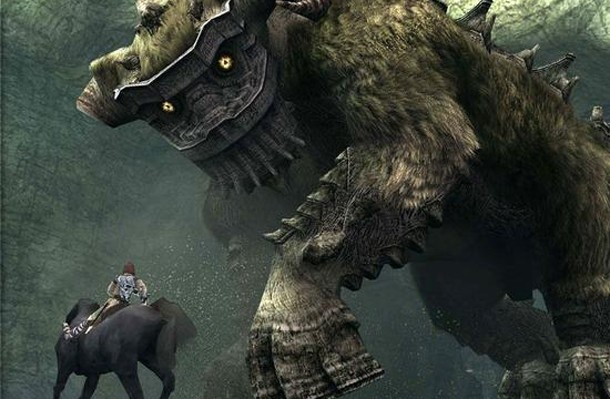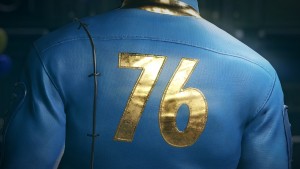Please support Game Informer. Print magazine subscriptions are less than $2 per issue
Roger Ebert’s Candid Admission

The internet responded in full force to renowned movie critic Roger Ebert’s titular blog “Video Games Can Never Be Art,” which first circulated back in April. The opinion piece was a direct response to a speech given by developer Kellee Santiago’s at USC, in which she listed Flower, Braid, and Waco Resurrection as three games that deserve the mantle of “art.” His response?
“The three games she chooses as examples do not raise my hopes for a video game that will deserve my attention long enough to play it. They are, I regret to say, pathetic. I repeat: No one in or out of the field has ever been able to cite a game worth of comparison with the great poets, filmmakers, and novelist.”
Ebert’s rebuttal ignited a firestorm of debate across enthusiast websites, forums, and even printed publications (Check out our take on “The Great Debate” in issue 207). Commentators flocked to his blog to defend their hobby, passion, and even profession, bringing in over 4,550 comments. Ebert admits that the bulk of the comments were thoughtful and in good taste, the majority even suggesting games to be sampled in hopes of winning him over.
Still, he held firm that “No video gamer now living will survive long enough to experience the medium as an art form.”
In a surprisingly candid follow-up today, Ebert owned up to the holes repeatedly poked in his argument.
“I was a fool for mentioning video games in the first place. I would never express an opinion on a movie I hadn't seen,” admits Ebert. “Yet I declared as an axiom that video games can never be Art. I still believe this, but I should never have said so. Some opinions are best kept to yourself.”
“I should not have written that entry without being more familiar with the actual experience of video games,” Ebert continues. “In my actual experience, I have played ‘Cosmology of Kyoto,’ which I enormously enjoyed, and ‘Myst,’ for which I lacked the patience. Both games are from the infancy of the form. I'd played no others because – well, because I didn't want to. I particularly didn't want to play one right now, this moment, on demand.”
And a flurry of opportunities had presented themselves following his opinion piece. Ebert was offered games, consoles, and even guided walkthroughs by developers themselves. His honesty in regards to his hesitance is refreshing. Ebert admits that he declined the offers because he didn’t feel like investing the time, he recognized it as a lose-lose situation, and that he was simply “bull-headed.”
His largest concession?
“My error in the first place was to think I could make a convincing argument on purely theoretical grounds. What I was saying is that video games could not in principle be Art. That was a foolish position to take, particularly as it seemed to apply to the entire unseen future of games. This was pointed out to me maybe hundreds of times. How could I disagree? It is quite possible a game could someday be great Art.”
While it doesn’t look like Ebert will be picking up a controller anytime soon, he recognizes the obvious starting point when or if he does.
“Who was I to say video games didn't have the potential of becoming Art? Someday? There was no agreement among the thousands of posters about even one current game that was an unassailable masterpiece. Shadow of the Colossus came closest. I suppose that's the one I should begin with.”
Not a bad choice, in our opinion.










